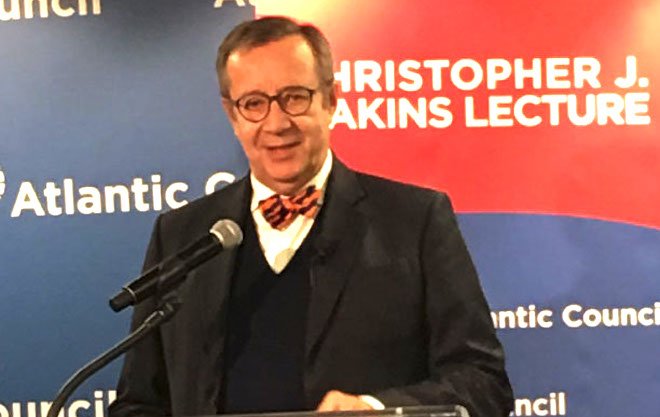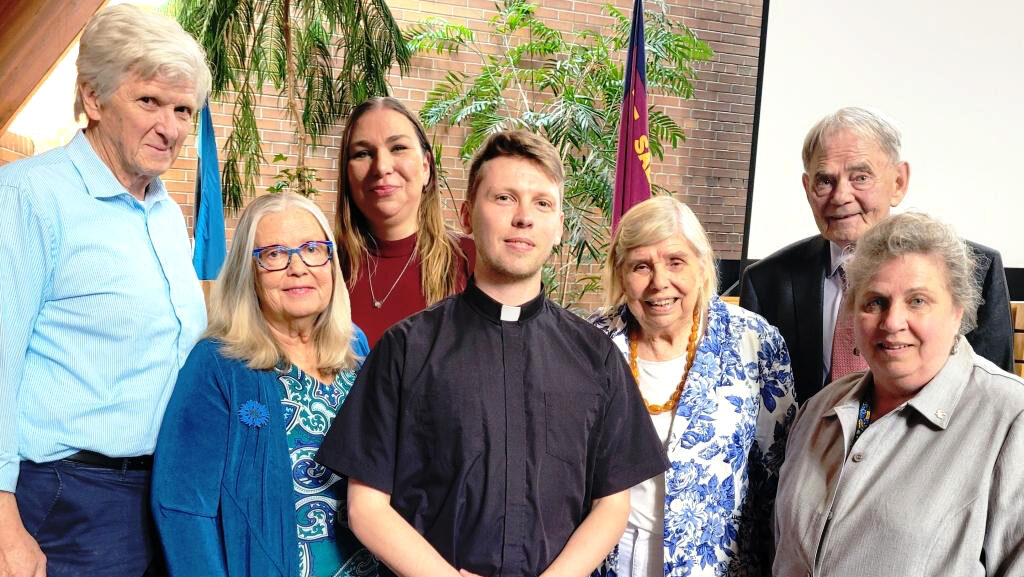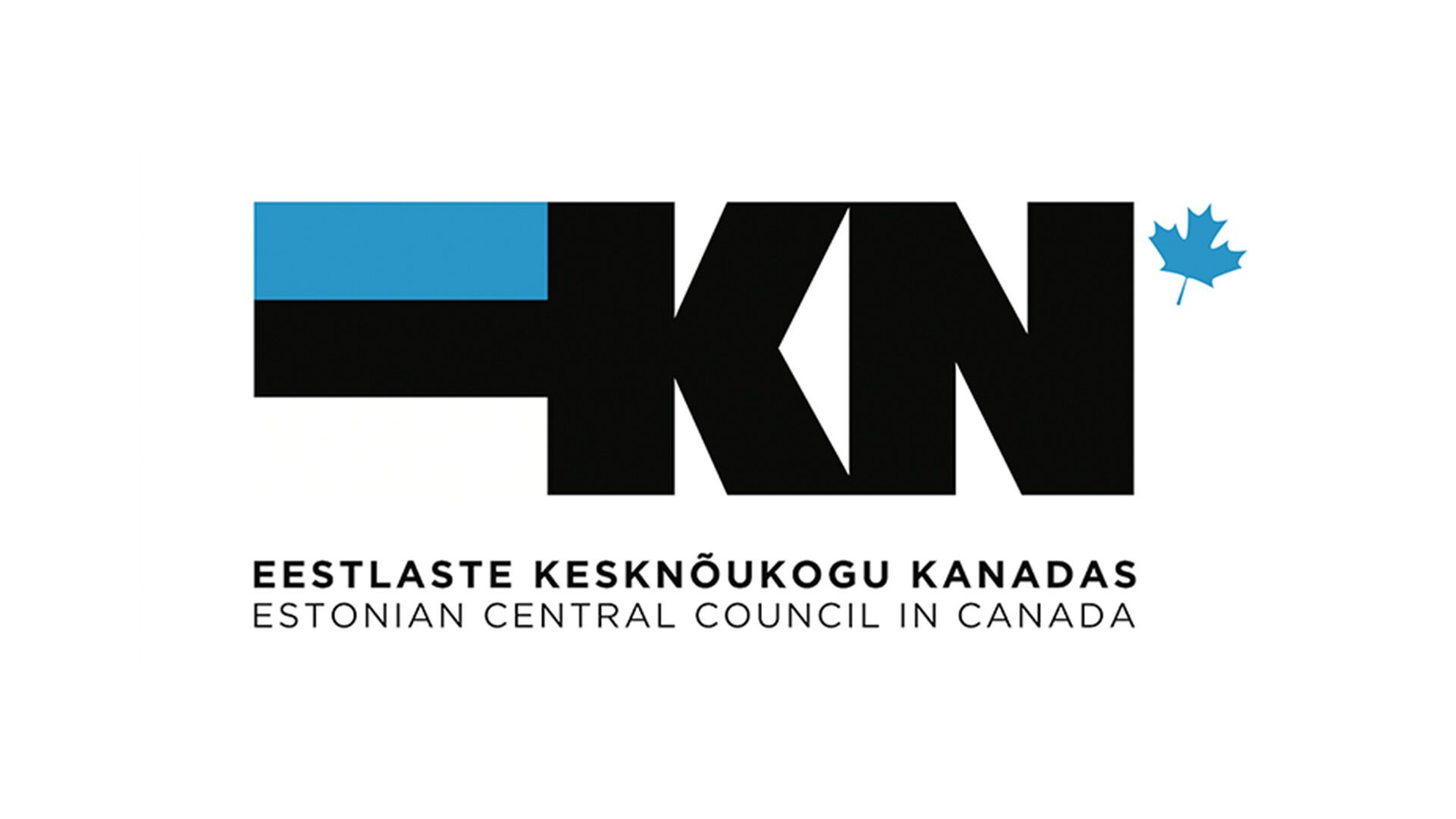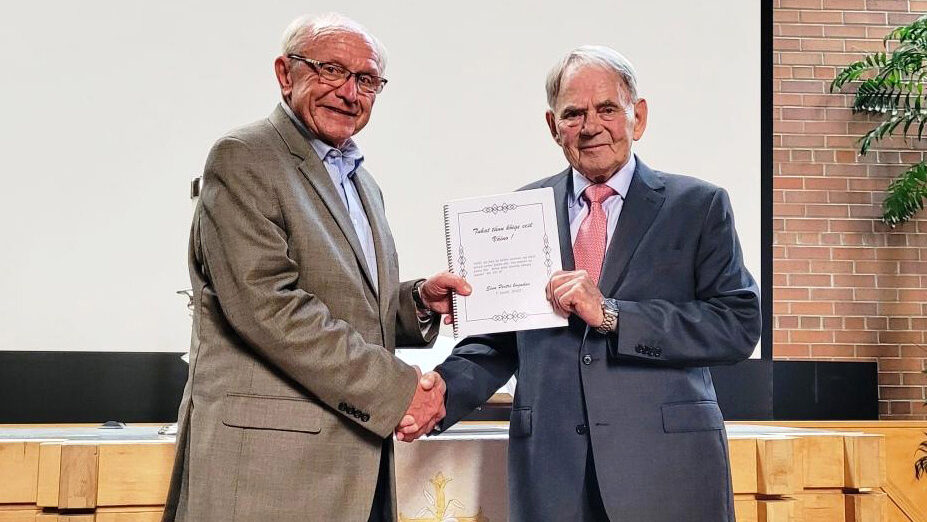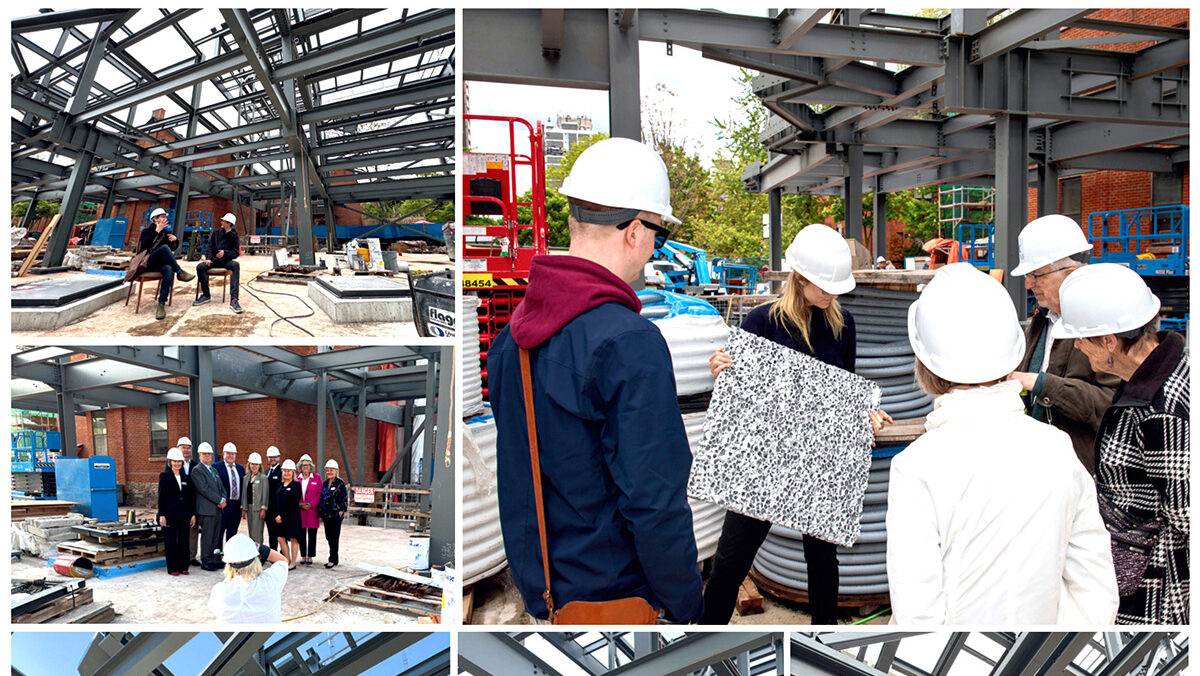He was concerned about the present environment where not only fundamental freedoms, but also democracy, rule of law, and separation of church and state are under attack. The fact that Russian hacking, and fake news riling up anti-immigrant sentiment are benefitting anti-EU and anti-NATO candidates, are serious concerns.
Ilves emphasized that in this new digital age, we must renew our commitment to liberal democracy. He quoted Ronald Reagan who said, “Freedom is never more than one generation away from extinction. We didn't pass it to our children in the bloodstream. It must be fought for, protected, and handed on for them to do the same.”
The post-lecture discussion, moderated by Susan Glasser, editor of POLITICO, included a wide variety of timely topics. These included: Ilves' use of Twitter, cyberhacking by advanced persistent threats, Russia's bullying and bilateral approach to treaties, NATO's Article 5 and defense spending at 2% of GDP, Russian annexation of Crimea, Trump-Putin relationship, the strongest supporters of sanctions are countries most affected by the sanctions, dealing with internet security, secure identification for the internet, Estonian e-government and e-residency, combatting disinformation, and fake news on Facebook.
